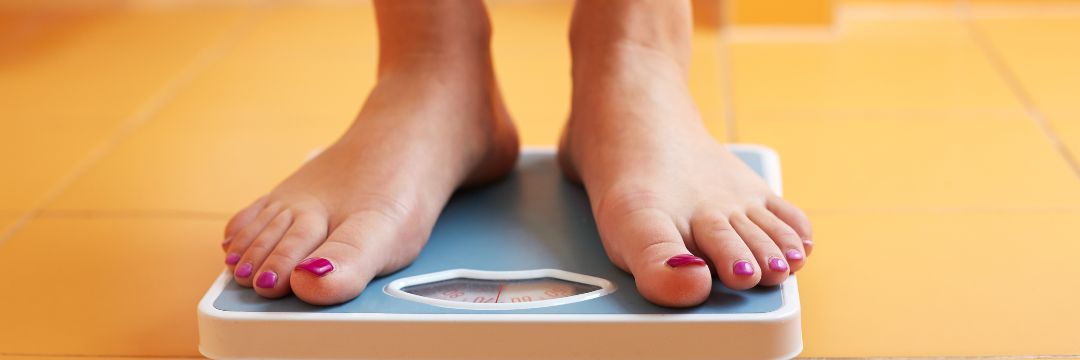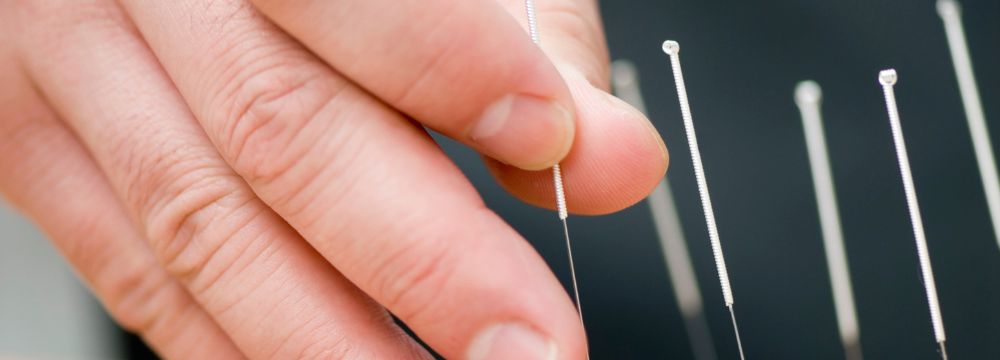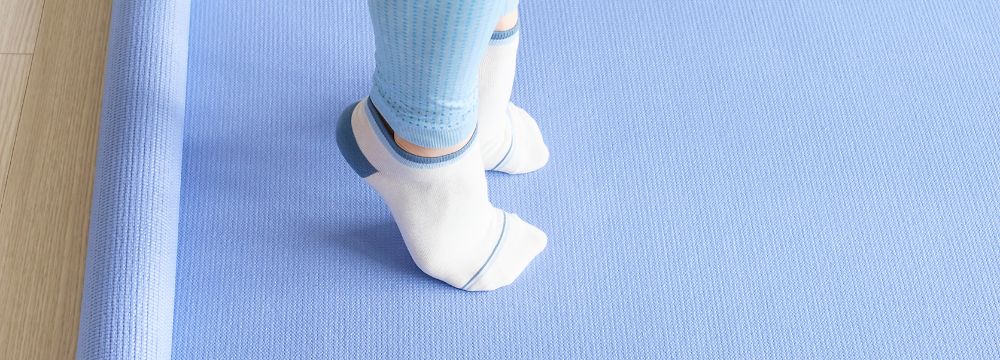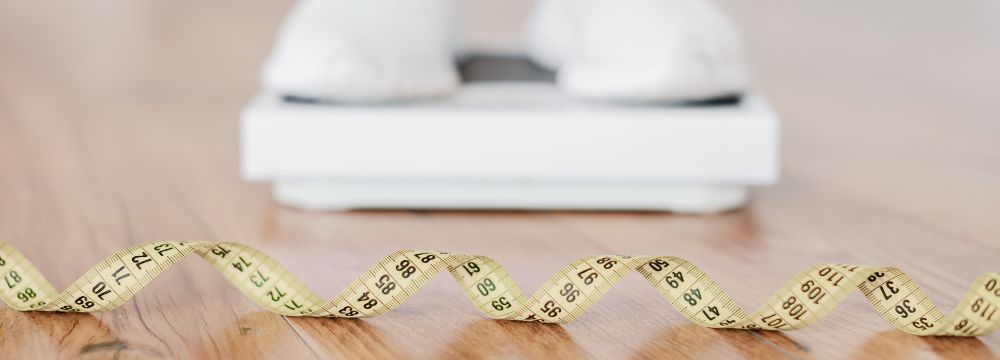
The scale could be your best friend or worst enemy after bariatric surgery. Considering all the other measurements at your disposal, the usefulness of your scale depends on how you approach it and how much emphasis you place on your weight.
The Scale Matters
As much as we try to emphasize disease resolution, improved work and social opportunities, improvement in metabolic disease markers, and restored ability as the true victories after bariatric surgery, the fact is that people look at their weight as the primary determinant of their success. And you know what? We don’t blame them. Not only is weight a simple, measurable representation of progress, but it’s also easy to measure at any time, day or night.
The Right Way to Use the Scale
A scale’s importance is evident, but it’s also critical that we discuss how to use it. When used appropriately, the scale can provide information beyond how much one weighs. With other simple measurements, it can tell us if we’re putting on muscle or fat and is a great reminder of progress.
Keep Track
Keep track of your weight on an app or a graph. This helps you visualize how your weight will fluctuate from day to day. Often, after an extended period of weight loss, we can get discouraged if our weight plateaus or even begins to rise. However, these are perfectly normal fluctuations that occur during the weight loss process. Keeping a daily or weekly log can be very helpful; just be mindful that your weight can shift dramatically even over 24 hours. This can result from:
- What you’ve eaten recently
- What time you weigh yourself
- Whether you’ve worked out particularly hard
- For our female patients, your menstrual cycle
- And other factors
Weigh Yourself at the Same Time Each Day Line
Weighing yourself simultaneously each day helps ensure that fewer variables can give you bad. We typically suggest that you weigh yourself shortly after waking up, as this is a quiet time and can quickly become a habit. Choosing other times throughout the day can be problematic. For example, if you happen to weigh yourself during the day after drinking 16 ounces of water, you will be a pound heavier than you would’ve been just a few minutes prior.
Have a Plan for Every Outcome
Planning for situations where your weight may have dropped or increased significantly from one measurement to the next is essential. For example, you may get discouraged if your weight has increased dramatically. Instead, analyze what’s going on with your body and what you may have done over the past day or two. Working out, for example, can cause water retention, as can the menstrual cycle. As such, getting discouraged about some movement may not be warranted.
Similarly, if you have lost significant weight, you may wish to temper your expectations because that’s unlikely to continue for an appreciable amount of time. Any significant weight loss, and we’re talking 2 to 3 pounds or so, may result from hormonal changes or an anomaly. It’s great to see that lower number on the scale, but remember that if nothing has changed significantly enough, you shouldn’t expect that to become the new norm.
Understand Your Body and Weight Training
When patients begin to train in the gym, they often gain weight. This is for a couple of reasons. First, as we develop muscles, our tissue develops micro tears that absorb and retain water for several days afterward. As such, it’s common for patients to experience weight gain in the early days of a new exercise regimen. Typically, it normalizes over a few weeks. Working out also increases muscle mass, which is denser than fat. Therefore, in the early days of your strength training regimen, you’ll likely plateau or even gain weight.
If you notice weight gain, but your waistline hasn’t changed in size, and you are working out harder than usual, you should feel confident that you are on the right track.
The Bottom Line
Using your scale correctly is just one tool for measuring your progress. Measuring your waistline, how you feel, how you sleep, the results of your blood work, and your renewed ability and function should all be considered when evaluating your results! Find out how we can help you achieve your weight loss goals by giving us a call.









